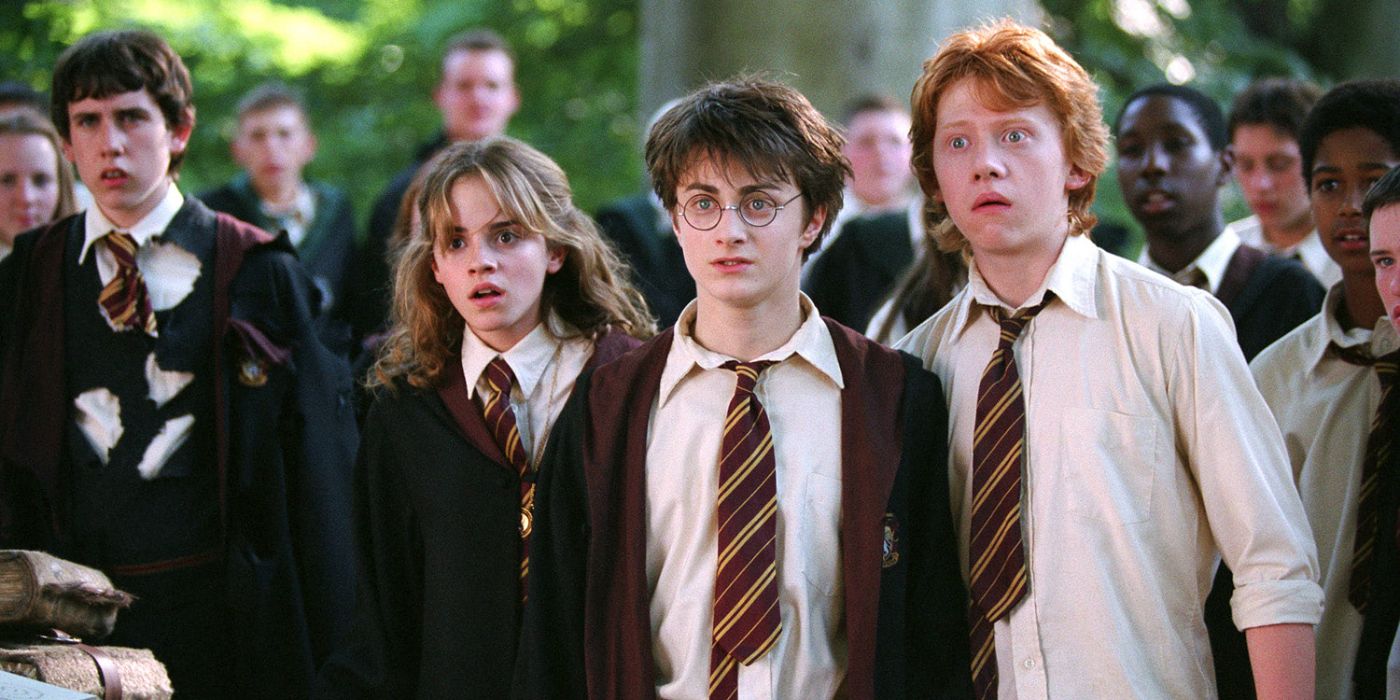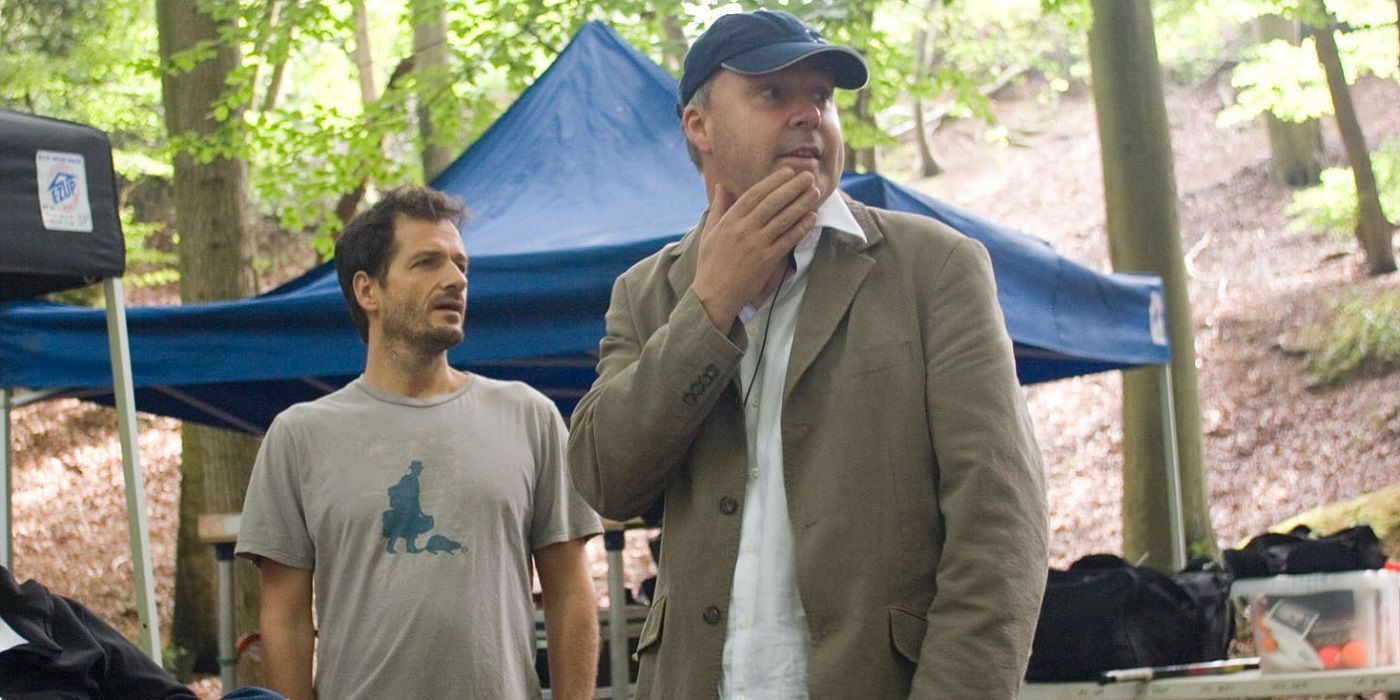Harry Potter producer David Heyman has expressed his concern for the film industry and claimed that studios should focus on producing films for the big screen. Heyman served as producer on every installment of the Harry Potter franchise, including the two Fantastic Beasts films. He has also overseen the likes of Paddington 2 and Quentin Tarantino's Once Upon A Time... In Hollywood, and more recently shifted his focus towards television as executive producer on Netflix's new thriller series Clickbait, all of which fell under the banner of his production company Heyday.
The effects of the COVID-19 pandemic has seen a number of studios shift their focus towards digital and hybrid releases for their films in order to contend with lower attendance figures at cinemas. Most studios have opted for shortened theatrical release windows of 45 days before a film transitions to VOD, down from 90. Others have taken more drastic steps. Warner Bros have made their entire slate of films for 2021 hybrid-releases, releasing them both in theaters on HBO Max for ad-free subscribers, a move for which received backlash, and caused the studio to announce their 2022 slate will be mostly theatrical releases. Likewise, Disney have begun making many of their films available on Disney+ via premier access, while even Sony (who have been committed to theatrical releases) have begun hedging their bets by selling Hotel Transylvania 4 to Amazon and delaying the release of Venom: Let There Be Carnage.
Speaking to Variety while promoting Clickbait, Heyman said "I think it’s really important that we make films for the cinema as well as for the small screen." While he acknowledged that viewing habits have changed, especially as a result of the pandemic, Heyman added that he believes its important to keep making films for the big screen and support the cinema-going experience, promising to "continue to make films that aspire to that." You check out Heyman's full statement below:
"I’m someone who loves the cinema, and I am concerned. I think it’s really important that we make films for the cinema as well as for the small screen … I believe in the cinema-going experience, and I will continue to make films that aspire to that. I do think we need financiers to support it. We need, you know, the Sonys, the Warner Brothers, the Universals, the Paramounts, the Disneys to make cinema for the big screen. We need talented filmmakers to make films that are undeniable. And we need to make the experience thrilling. We need to make good content, because good content draws people to venues, whether it be film, whether it be the cinema or, you know the screen. It’s easier of course to go [to a] small screen because you don’t leave your home […] you can just [say], ‘Oh I don’t like this’ and you can switch over. I think the day and date is problematic for the theatrical experience. I also think the two can coexist. You know, if you’re going to do day and date then charge a lot for the experience. The business has changed so much in the last year — in the last 3 years, in the last 5 years, in the last 10 — and I think that anybody who tells you it’s going to be this way, a year or two down the line, or three or four, I don’t think they know. It’s like people who say, ‘I know what’s going to be a commercial hit.’ You don’t. You really don’t. We won’t know until the next few years are up.”
Heyman is just the latest of many figures in Hollywood to criticize the move by studios towards streaming releases. Last month Scarlett Johansson filed a lawsuit against Disney over the hybrid release of Black Widow citing a breach of her contract which allegedly stipulated a solely theatrical release. Many Hollywood figures have since leant their support to Johansson including Blumhouse founder Jason Blum, who criticized studios for trying to redefine their relationships with talent. More recently, Johansson's Avengers co-star Elizabeth Olsen also voiced her support and expressed concern for both independent filmmakers and for the theater industry as a whole.
It's understandable why studios would seek to protect their investments against significantly lower box-office returns, The Suicide Squad's opening weekend came in well below its conservative estimated revenue of $30 million, earning just over $26 million. However this ultimately comes at the detriment of the theater industry, especially if studios see these new strategies as worth maintaining. While it's important for audience members to stay safe during the pandemic, as Heyman says, there needs to be a balance struck that protects the theaters and talent. Sadly, the Harry Potter producer didn't have any solutions to offer, but hopefully something will come along that will be best for all parties.
Source: Variety


